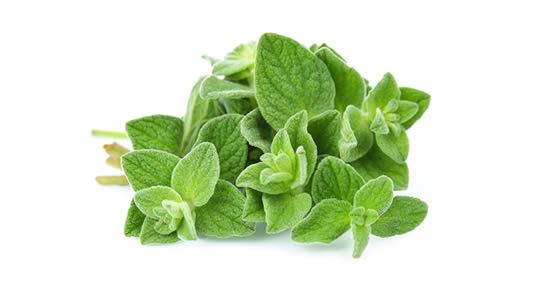Oregano is one of the most commonly used aromatic herbs in the kitchen. It is also one of the medicinal plants frequently employed in natural medicine, the kind our ancestors turned to before the advent of modern medicine.
Traditionally, oregano has been associated with properties that can alleviate symptoms of infections, respiratory, and gastrointestinal diseases. Here are the main benefits of oregano.
Nutrient-Rich: Oregano is a source of essential minerals such as magnesium and calcium, which strengthen bones, as well as manganese and copper that promote antioxidant action. It also contains potassium, which regulates blood pressure, along with iron and zinc. Oregano is rich in vitamins C, E, K, and B6, omega-3 fatty acids, and other antioxidant and antimicrobial compounds such as thymol and carvacrol.
Antibacterial and Antifungal: Thymol and carvacrol found in oregano have been associated with antibacterial and antifungal properties, effective against bacteria and fungi.
Antioxidant: Antioxidants are crucial for maintaining good health as they counteract cellular damage caused by free radicals. Oregano is particularly rich in antioxidants.
Digestion: One of the most traditional uses of oregano, this plant has the ability to increase salivation and improve digestion. Additionally, it stimulates the flow of bile to the digestive organs, promoting fat absorption in the intestine and preventing excess acid in the stomach.
Incorporating oregano into your diet not only enhances the flavor of your dishes but also provides a natural and nutritious boost for your overall well-being. Whether sprinkled on pizza, added to sauces, or infused into tea, oregano is a versatile herb that brings both culinary delight and health benefits.




